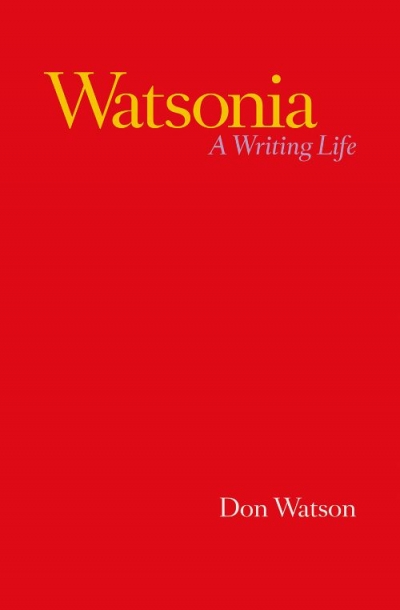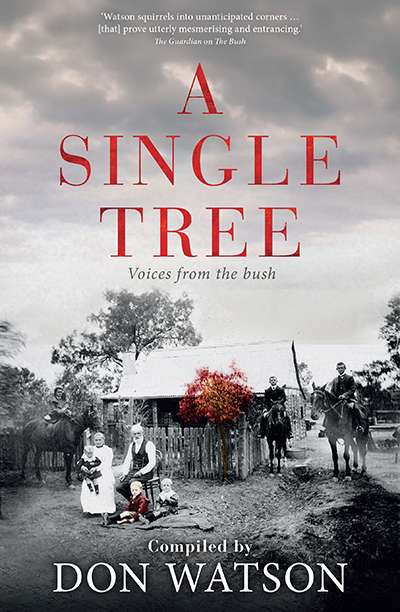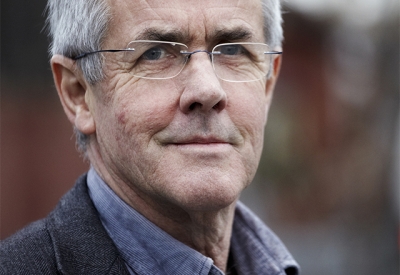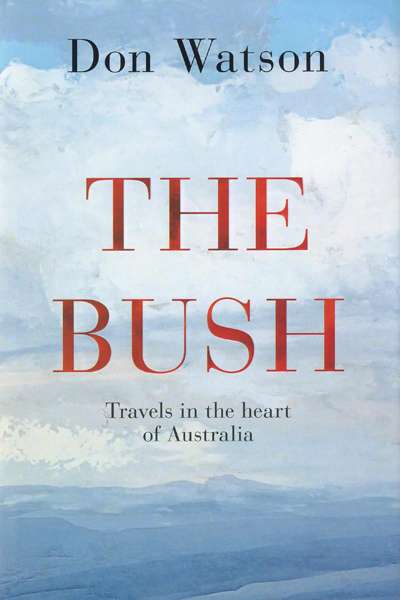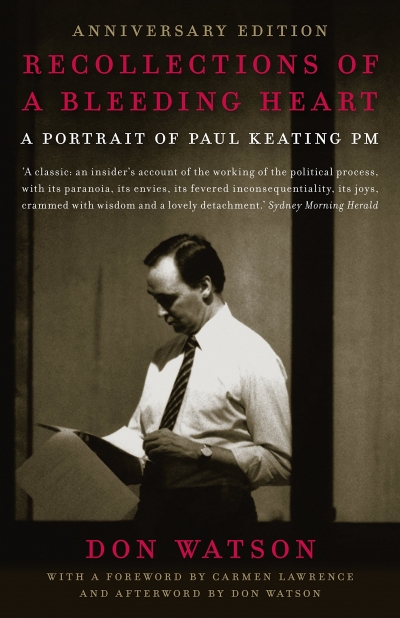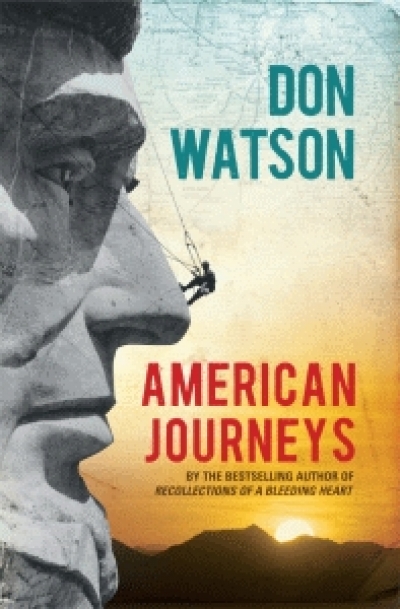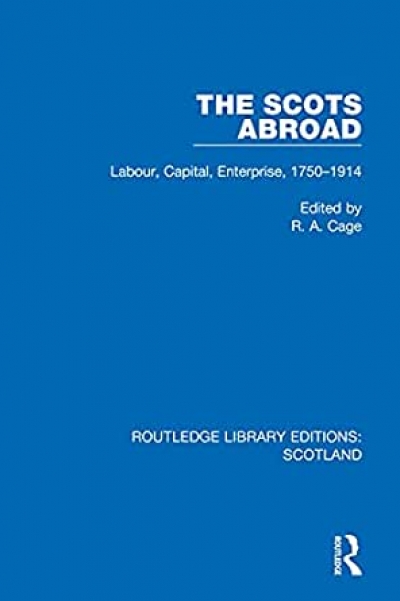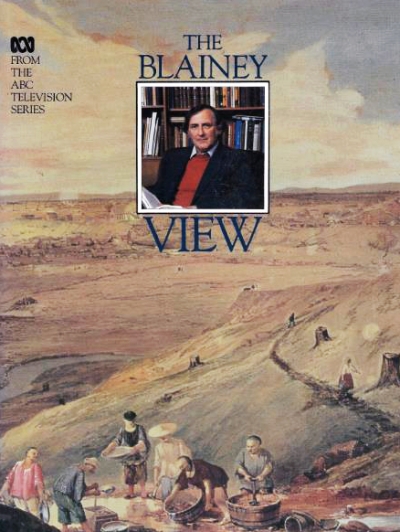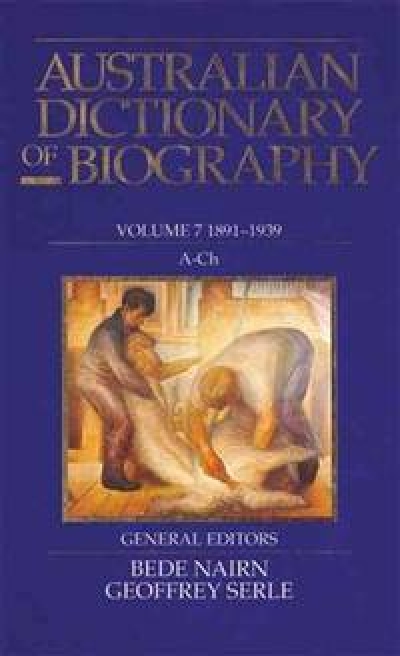Don Watson
A Single Tree: Voices from the bush by Don Watson
by Angelo Loukakis •
Though I doubt a critic ever improved a writer's work, a good one makes a difference to a culture. They are rare and valuable. Bad critics are worse than bad writers, but I know from trying years ago that they have an equally good excuse. It is for this reason that I have avoided answering the question.
... (read more)The Bush: Travels in the heart of Australia by Don Watson
by Frank Bongiorno •
Recollections of a Bleeding Heart: A Portrait of Paul Keating PM, Second Edition by Don Watson
by Glyn Davis •
Recollections of a Bleeding Heart: A portrait of Paul Keating PM by Don Watson
by Neal Blewett •
The Scots Abroad: Labour, capital, enterprise 1750–1914 edited by R.A. Cage
by Don Watson •
The Australian Dictionary of Biography Vol 7 1891–1939, A–Ch edited by Bede Nairn and Geoffrey Serle
by Don Watson •

